PPVS Complete Facilities Management

The Ultimate Guide to Construction Project Management
Delivering construction projects requires the careful alignment and management of multiple moving parts. From arranging materials to hiring labour and scheduling project phases, there is a wide range of tasks and responsibilities in keeping a construction project running smoothly. The bulk of this work is covered by project managers and coordinators, working alongside on-site teams to keep everything on track, within budget and in line with the initial scope.
In this guide, we cover all aspects of construction project management. From the different phases and sectors of construction management to why this process is important, we answer the question ‘What is commercial construction?’ below:
Firstly, What is Construction Project Management?
In the simplest of terms, it’s the process of managing the individual steps and requirements involved in a construction project, providing a bigger picture of the whole construction workflow from initial planning to final construction. Project management is used in every stage of construction, from planning a project to executing it to the final touches necessary for completion.
A significant part of project management in any sector is resource management, but in construction, the scope of project management also includes anything required to make construction run smoothly. For instance, projects require many people to work together, from legal advisors to on-site supervisors to architects and inspectors. The role of construction project management is to keep these separate working parts together and on track.

What Does a Construction Project Manager Do?
The role of a construction project manager involves working with numerous teams, specialists and professionals to complete a project on budget and in a particular time frame. Unlike commercial construction contractors and other workers on the ‘ground floor’ of construction, project managers have a top-down view of the construction workflow. Typical responsibilities for a construction manager include:
- Estimating and preparing project costs
- Creating a budget for construction
- Handling workflow and construction schedules
- Managing incoming work orders
- Determining the most suitable strategies for the project
- Liaising with other professionals and stakeholders
- Leading or working alongside workers, experts and on-site contractors
- Communicating with legal, construction and regulatory specialists
- Reporting on project progress throughout

Sectors of Construction
Construction is a broad industry covering many different sectors and fields. This versatility means that many project managers specialise in a specific construction area, developing their skills and knowledge to benefit projects within that sector. For example, the commercial management in construction for a residential housing estate may have very different requirements to constructing a multi-million-pound leisure facility. Some of the most common sectors for construction project management include:
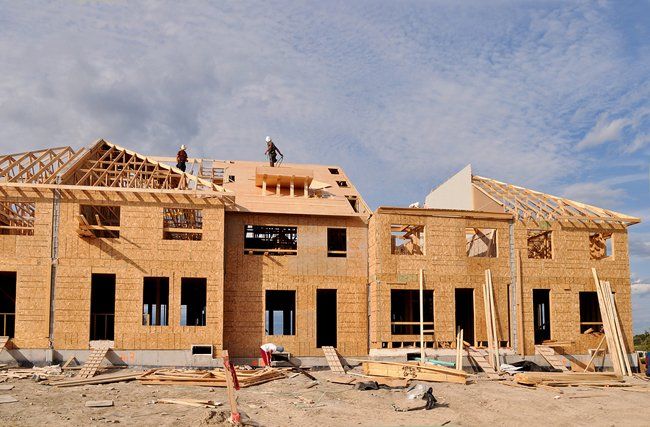
Residential
Residential construction projects can range from high-cost single builds, such as a mansion or sizable multi-unit buildings with luxury apartments, to jobs that involve constructing multiple properties, such as a housing estate. Residential construction projects have specific regulations and standards to ensure properties meet living standards in the UK. As such, it’s vital that project managers have a strong knowledge of laws, regulations and the specifics of building housing to run the project successfully.
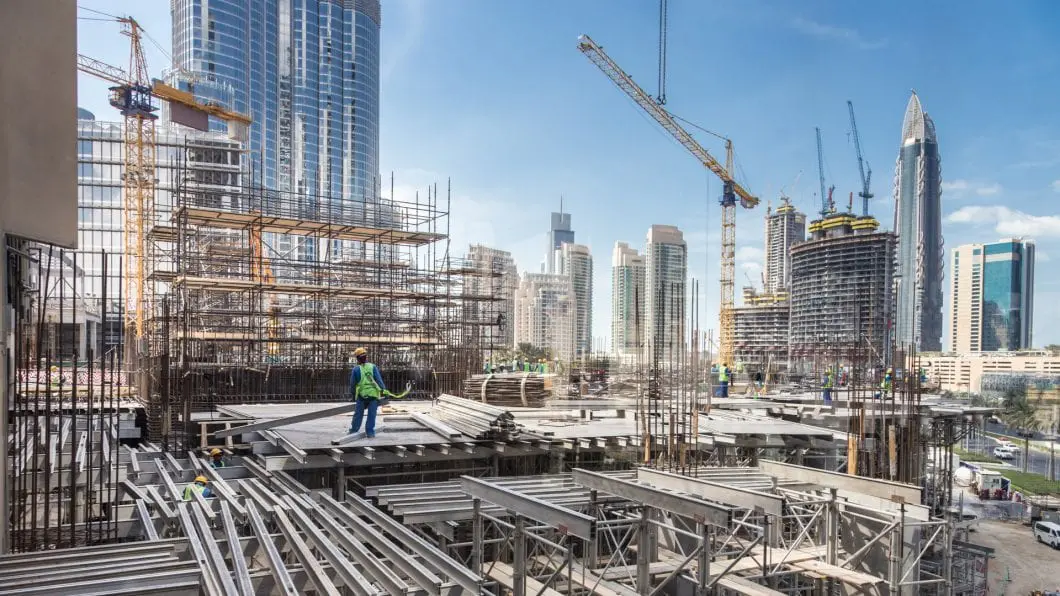
Industrial
Industrial construction involves the planning, building and finalising of projects for particular purposes. The unique nature of industrial buildings and the functionalities and purposes that construction can have requires a clear understanding of specific laws and regulations in individual industries. For instance, factory buildings, power plants and industry-specific structures all require particular practices and processes to meet legal requirements and function as intended.
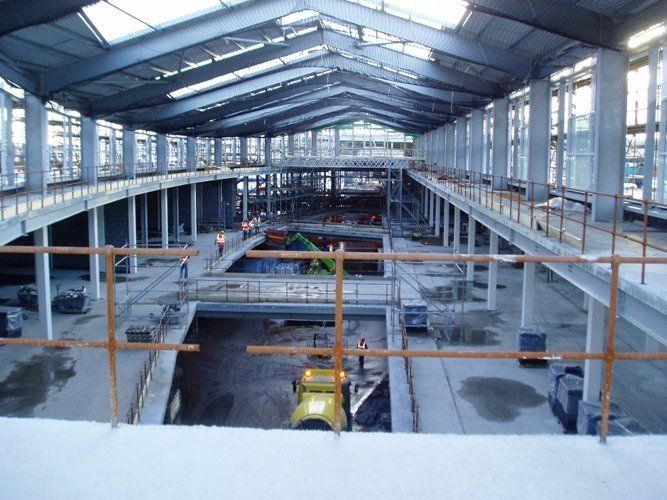
Retail
Retail construction covers a wide range of projects, from smaller-scale builds such as single supermarkets to large projects covering whole retail parks or the construction of shopping centers and malls. Retail construction project managers specialise in the demands and requirements of public-facing construction, from legal obligations for builds to keep customers and employees safe to functionalities required for operation, such as large-scale refrigeration.
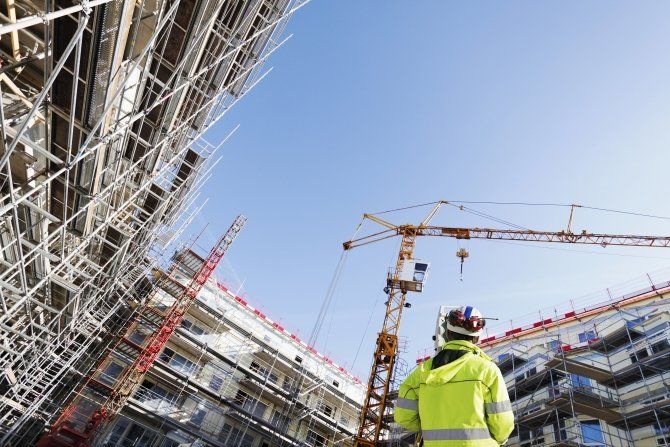
Commercial
Commercial management in construction is a broad sector that includes many different builds. Project managers working in the commercial industry often need to meet stringent requirements and regulations for niche industries and purposes, requiring in-depth knowledge and understanding of the regulatory requirements and goal of the construction project. For example, an office block requires specialist planning and execution.
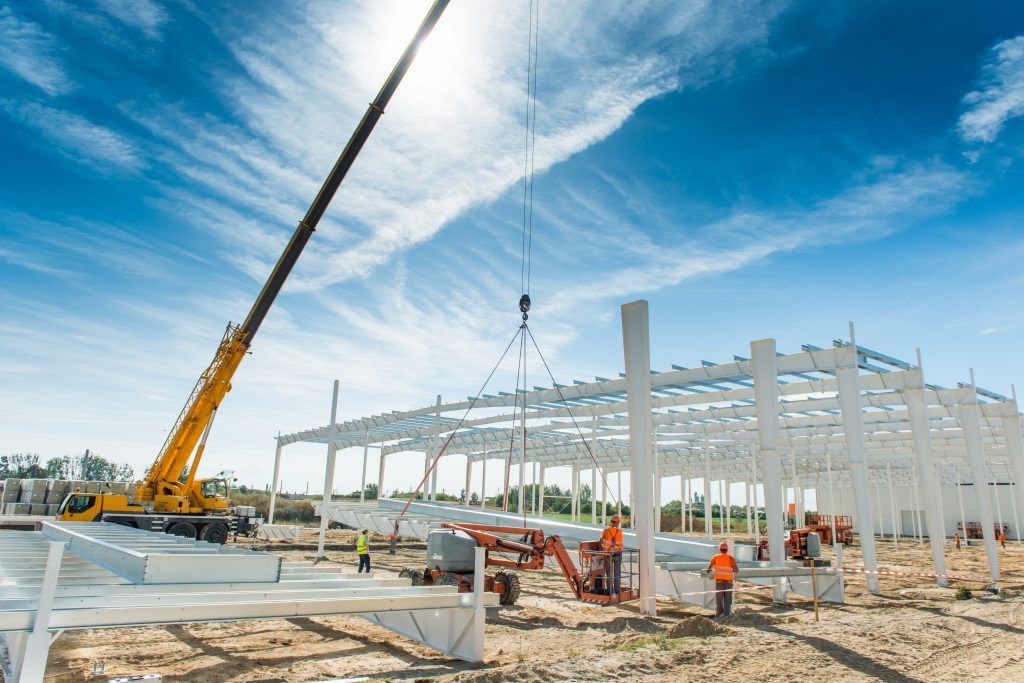
Logistics
The logistics sector has precise requirements for improving productivity and efficiency in getting items from one part of the workflow to the next. Shipping depots and sorting offices are two critical examples of logistics sector project management requiring knowledge of the industry’s inner workings. As an industry with regulatory standards and fast-paced requirements, high-quality project management is integral to keeping projects on track and within specified parameters.
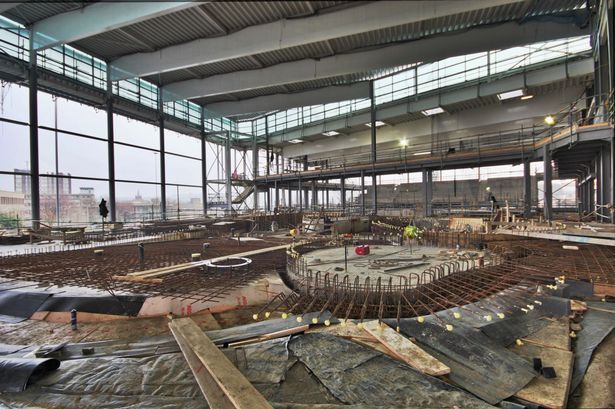
Leisure
Construction within the leisure industry requires knowledge of legal regulations and standards for public environments and a comprehensive understanding of the various systems, features and functionalities involved in complex construction. For example, leisure centres with pools, indoor courts, on-site gyms and studios require effective project management to ensure all amenities meet necessary standards. Air conditioning, filtration, equipment installation and specialist materials are all key considerations for a leisure construction project manager.
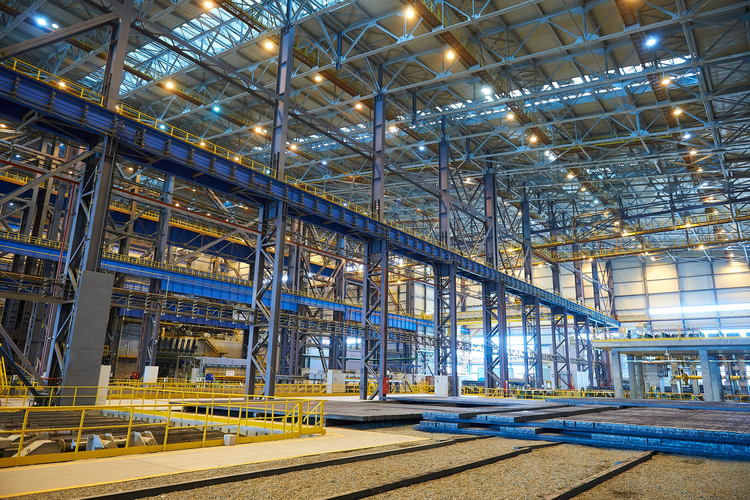
Manufacturing
The manufacturing industry has strict requirements for safety and regulations, requiring professional project management to ensure construction meets specific standards. Manufacturing project managers work with specialists within particular fields to ensure each aspect of the build meets relevant rules and regulations, from the types of materials used to the weight limit and reinforcement for heavy manufacturing equipment and storage.
The Construction Project Management Process
When finding the answer to ‘what is commercial construction?’, the best place to start is to look at the processes involved in project management to understand what goes into creating, fulfilling and completing construction from start to finish. If you want to know ‘what does a commercial manager do in construction?’, these are the basic steps included in most project management workflows:

Initiate the Project
The first stage in how to plan construction management projects is initiating the process. In this first phase, the project manager is assigned to work on a particular construction, providing them with a full scope of the project’s intention. From there, the project manager can use their knowledge and skills to prepare the project and workflow for stakeholders, laying out the entirety of the project in rough order to provide a timeline and top-down look at how the project will be conducted.
During this stage, project managers may also define the project’s scope and set initial goals for specific outcomes. This rough version of the final plan provides other professionals with insight into when certain things will happen and how long certain elements will take.
Find out more

Planning
Once the initial scope and goals of the project have been decided, the next step is to move on to the planning phase. This process is often the first stage people see, outside the immediate project team. During planning, the workflow of the project is finalised, and the resources and materials requirements are defined, providing preparation ahead of implementation.
During this stage, the budget for each project area is also assigned. Through involvement in the budget, construction managers can more easily monitor workflows’ progress, identify overspending areas and prevent projects from going significantly over their allocated budget. Project managers may work on this budget alongside financial professionals and individual teams or as solo professionals.
Find out more

Project Implementation
Following planning, the construction project is implemented in line with the created workflow and timeline. Project managers support teams in coordinating and tracking ongoing work, adjusting timelines and ensuring projects run in ways that are logical and practical. In many cases, project managers act as enforcers to keep the construction in line, utilising their knowledge and skill to prevent workers from going off track or teams failing to deliver.
During implementation, project managers work with all of the different teams and groups assigned to work on the project to set start dates and completion dates and execute plans in line with the pre-defined strategies and methods decided during planning. This role is also often the go-between for stakeholders and senior teams involved in construction, providing feedback and sharing information between the two groups.
Find out more

Monitoring
Once a project is up and running and well underway, project managers continue to be involved and active in the workflow, ensuring everything lines up and work is completed on schedule. Monitoring can include communication with the leader of different teams to gather up-to-date information. This information is then utilised to create progress reports and update workflows and timelines, ensuring everything remains aligned.
If something throws a project off track, such as delays in materials or complications in specific processes, project managers ensure they know as quickly as possible with continual monitoring. Suppose things need to be adjusted or timelines altered. In that case, they use this information to make decisions autonomously or advise a decision-maker, ensuring the project workflow is accurate to the current process on site.
Find out more
Why Construction Project Management is Important
The Essentials >
We’ve covered the answer to ‘what is a construction commercial manager?’, but you may still wonder why construction project management is important. As an integral way to track, manage and streamline construction jobs, project management is a vital part of the construction process. Here are some of the reasons why proper project management is so crucial in this sector:
Permits the Setting of Goals >
Project managers help set construction goals, breaking the process down into individual parts of a workflow. This practice helps to define progress and maintain a clear impression of the project’s current status. Goal setting is also helpful throughout the project’s scope, allowing project managers to adapt and rework existing goals as needs change and plans are altered. As project managers support the construction project from start to finish, they can also adjust and revise goals to be flexible to required changes or alterations to the initial project.
Management of Resources >
Proper resource management can help to keep costs down and ensure construction stays within specific budgets. But beyond just saving money, resource management can help improve efficiency, reduce waste, and ensure everything is available to keep a project on track. For instance, a construction project manager may allocate workers to different phases of construction to optimise efficiency while also ensuring the necessary equipment and materials are available simultaneously. Good resource management also prevents wasted time.
Communication >
Project managers are the go-between for many people within a construction project. They help keep communication channels open and prevent individual teams from forming silos that can lead to delays in certain areas of the project. By ensuring effective communication between groups, as well as between stakeholders and those on-site, project managers keep everything running smoothly.
Saves Money and Time >
A well-managed project sticks within budget and timeline, reducing waste and ensuring everything is delivered on schedule without unexpected costs. A qualified project manager has the knowledge and skill to keep an apparent oversight of the project from start to finish. This expertise allows for faster reaction to problems and less wasted time on workflows that don’t suit current on-site conditions. With hands-on project management, construction companies can save lost hours and resource costs.
PPVS Can Provide Expert & Professional Construction Project Management
As specialists in construction project management, our team at PPVS is the ideal fit for your next project. As experts, our team has the knowledge and skill to plan, prepare and implement your project for improved efficiency, with no surprise costs or unexpected budgetary problems. Get in touch with our team directly today to find out more about our project management solutions. We’ll provide insight into how we can help you save time, reduce costs and improve productivity for your upcoming project. Call us on 01733 244414 or fill out our contact form to get started.
Get in touch to see how we can help with your Construction Project Management.
For general enquiries please fill out the form and our team will be back in touch. Or give us a call or email using the details below.




